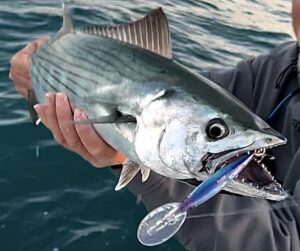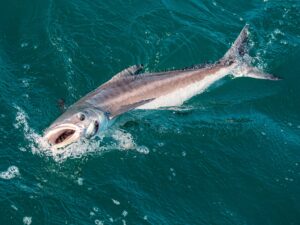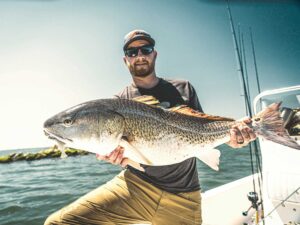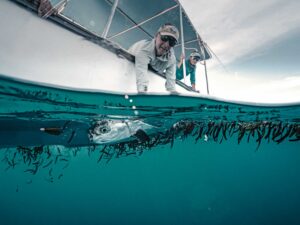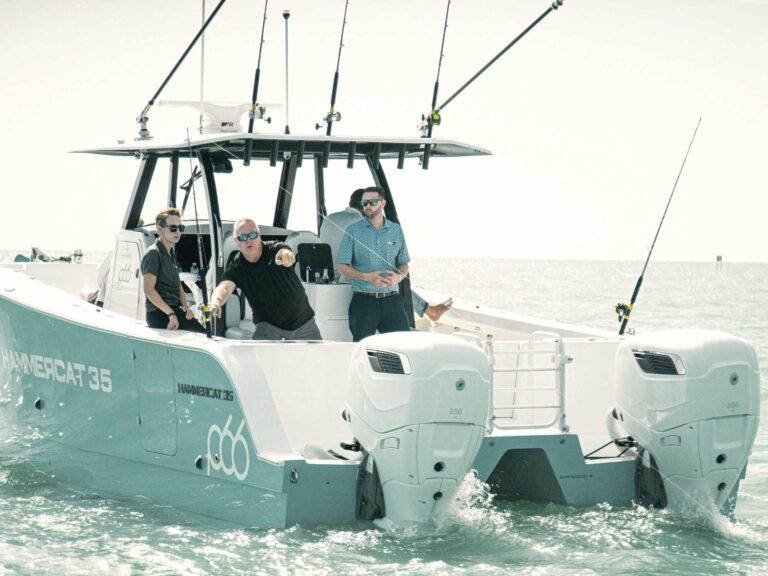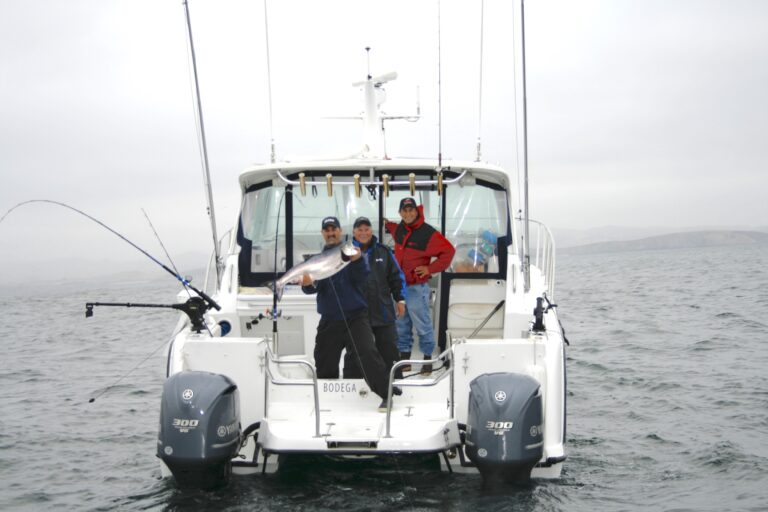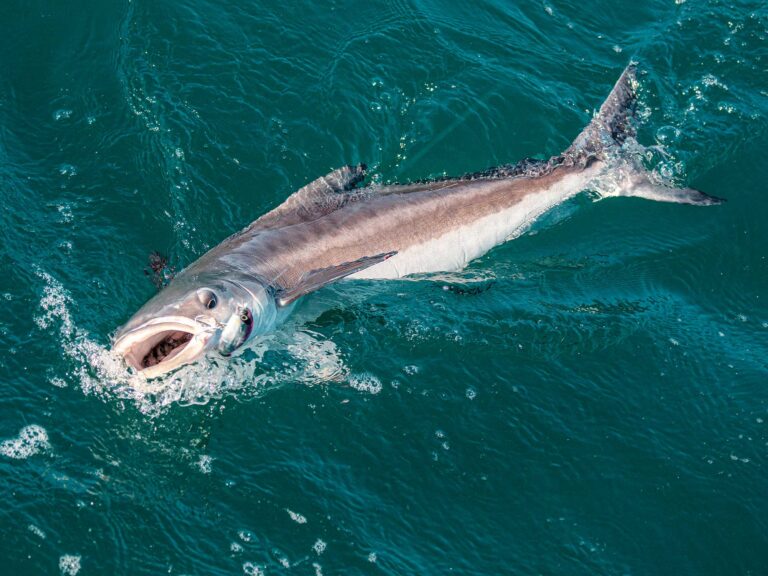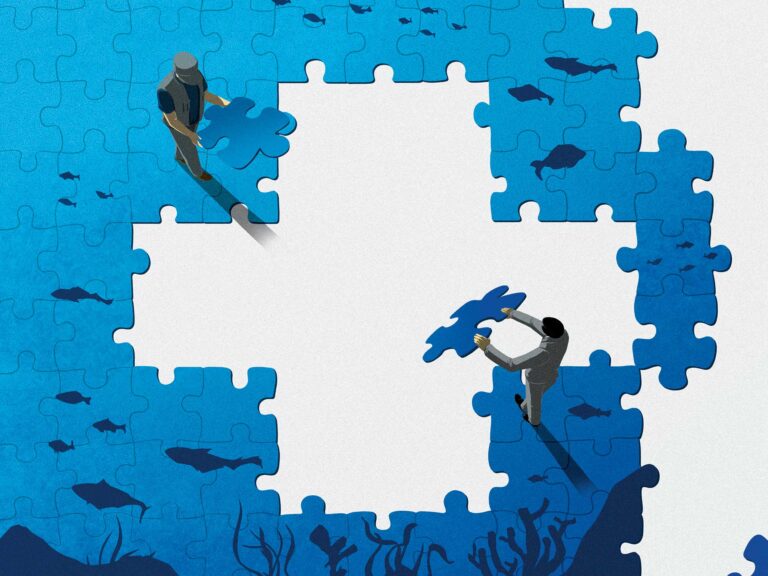In an unfortunate over-simplification of a complicated issue, the Miami Herald recently chose to attack what it calls “fishing lobbying groups” for their opposition to proposed fishing and boating closures in Biscayne National Park. The groups that the newspaper incorrectly portrays as supporting the “do-nothing” alternative for the park’s management include the Coastal Conservation Association, the Congressional Sportsman’s Foundation, the American Sportfishing Association and the National Marine Manufacturers Association – groups that have done a significant amount of work to conserve Florida’s amazing marine resources and create a dynamic economic engine for the state. We categorically reject the notion that the Park’s visitors are “loving the Park to death” or worse, that we simply don’t care about the proper management of this great American resource.
Details are short in the editorial, and the Herald is quick to cast an unflattering light on the groups that it says “…are pressing only for the do-nothing alternative, attacking the science — the usual tactic when a particular interest confronts a proposed regulation — behind the management plan.” The Herald vaguely references the work of the Biscayne National Park Fisheries Management Plan Working Group, which, after extensive stakeholder meetings that the National Park Service coordinated several years ago, produced options widely supported by the commercial and recreational fishers, divers, scientists and representatives of environmental groups. Because it is the most draconian tool available, the group recommended against marine reserves and opted to suggest other steps to help return the Park’s ecology to a higher standard. The group chose to recommend methods that had already been used by the Florida Fish and Wildlife Conservation Commission very successfully in their efforts to help bring back species such as snook, redfish, and sailfish to their current sustainable levels. These recommendations included more restrictive fishing regulations for certain species, species-specific spawning closures and a mechanism to pay for improved enforcement and education of park rules and regulations. Far from “doing-nothing,” representatives of our groups engaged extensively in the process that was portrayed as the appropriate channel for input and reached consensus on thoughtful and reasonable management tools.
When the Park Service summarily ignored the options developed by the stakeholder working group, it severed trust with the fishing and boating community, and invited a more vigorous debate. In the interest of pursuing transparency, South Florida Representatives Ileana Ros-Lehtinen, Mario Diaz-Balart and David Rivera are seeking a congressional hearing into what appears to be an autocratic display of power by the Park Service and concerns raised from an outcry of their own south Florida constituents—the very people whose access and enjoyment is threatened by the Park’s actions. The Herald admonishes these elected officials not to “bully the National Park Service into capitulation.” These elected officials rather, are attempting to shed light on the process and do exactly what our democratic government requires—effectuate the voices of their constituents.
The Park’s Service’s action with respect to Biscayne National Park, fly in the face of the Obama Administration’s efforts through the America’s Great Outdoors program, to increase public access to outdoor opportunities with an emphasis on getting kids in urban environments outside and active, and calls for improved partnerships between the federal government and state and local agencies. Biscayne National Park is situated to be the crown jewel in the program, with its close proximity to Miami, and one of the largest urban recreational fishing and boating areas. But, rather than capitalize on this amazing opportunity, park officials have ignored compromise management practices and are instead proposing extreme measures that will throw that opportunity away.
Rather than considering the input of stakeholders and the state agency that has decades of proven expertise in fisheries management, the Park Service appears to have decided that it knows best, and that allows it to ignore the public in the pursuit of its own notions of sound conservation. While the Herald laments that “surely there is room for compromise” in this debate, it ignores the fact that it is the National Park Service that has completely shut the public out of this process. Our community welcomes meaningful debate and discussion from the Park Service, but we will not stand idly by as they circumvent years of stakeholder management discussion and threaten significant boating and fishing closures in the largest marine park in the nation.
Jeff Angers
President
Center for Coastal Conservation
Jeff Crane
President
Congressional Sportsmen’s Foundation
Thom Dammrich
President
National Marine Manufacturers Association
Pat Murray
President
Coastal Conservation Association
Mike Nussman
President
American Sportfishing Association

